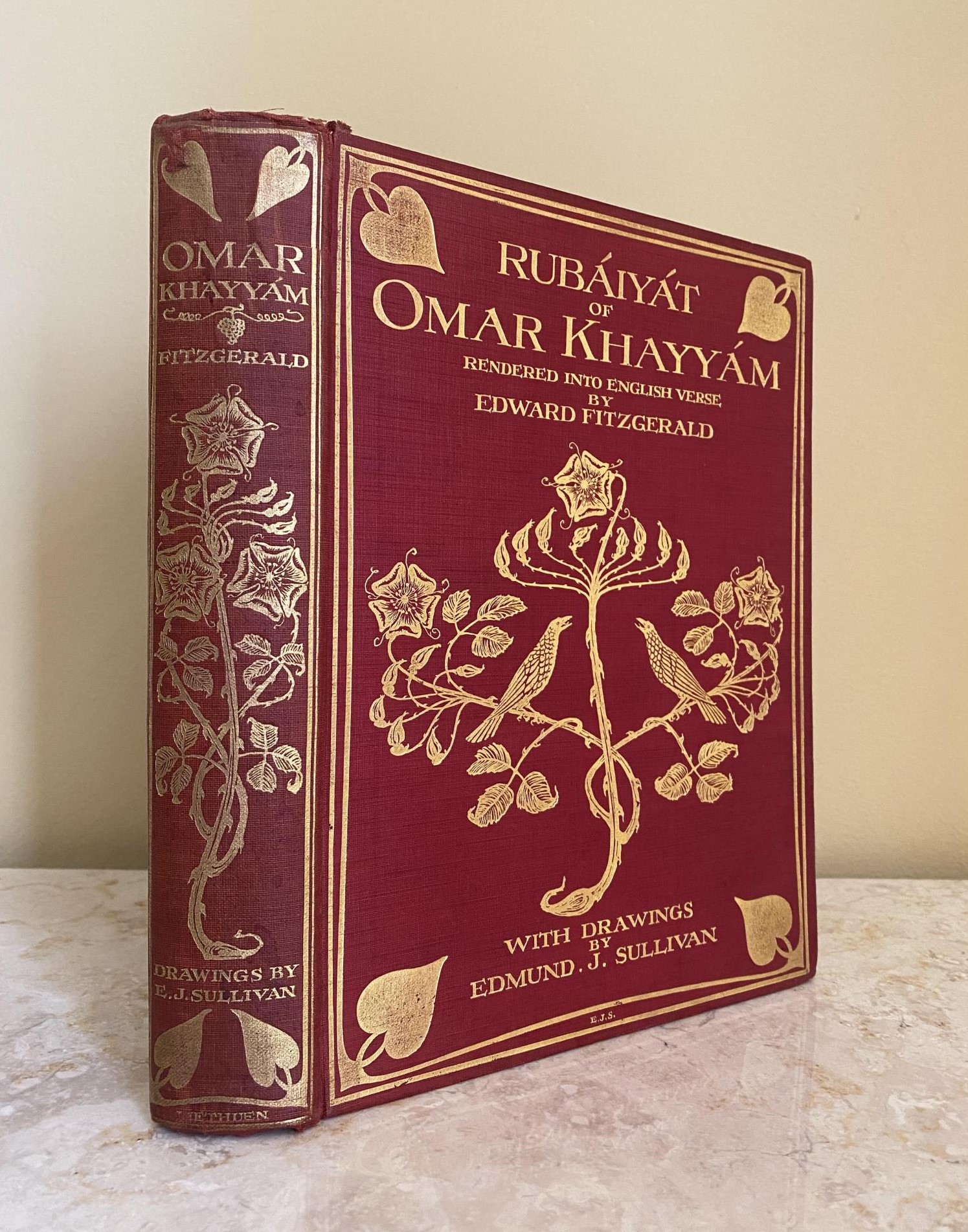

And readers for whom the poem is an old acquaintance will here find fresh ways to appreciate its strengths and finesse. This definitive edition of the Rubáiyát will be of special interest to scholars and students of Victorian poetry, publishing history, verse translation, literary imitation, and revision. Biographical and textual introductions, making imaginative use of FitzGerald’s correspondence, trace the history of the poem and pay special attention to FitzGerald’s motives for revising, for creating a variously beautiful work in verse.

He illuminates the complex process of revision by providing a textual appendix in which a comparative printing lays down each stratum of FitzGerald’s composition. Juan Cole Since The Rubiyt of Omar Khayyam is not what most readers expect from the literature of the medieval Muslim world, questions have. His view of poetic creativity comprehends recent theories of the sociology of texts and challenges the common assumption that the desired product of a critical edition is a single unified text of a literary work. Christopher Decker’s critical edition of the Rubáiyát is the first to publish all extant states of the poem and to unearth a full record of its complicated textual evolution.ĭecker supplies a rich interpretive context for the Rubáiyát that reveals how its composition was so often a collaborative enterprise. In consequence, the editor is faced with four published editions as well as manuscript and proof versions of the poem.

FitzGerald compulsively revised his work, alternately swayed by friends’ advice, importuned by his publisher’s commercial interests, and encouraged by public acclaim. “Khayyám” means “tentmaker” in Arabic and “Rubáiyát” translates to the poetic term “quatrains,” so while the title may sound a little mystical, what we’re reading today is literally “The Quatrains of a Tentmaker.” In 1859, Edward Fitzgerald published his adaptation of the Persian poetry, taking the liberty of combining the epigrams into a continuous poem that flows from theme to theme.Edward FitzGerald’s translation of the Rubáiyát of Omar Khayyám, perhaps the most frequently read Victorian poem and certainly one of the most popular poems in the English language, poses formidable challenges to an editor. How strangely comforting is it to read the thoughts of someone born centuries before your own time echoing the same thoughts, feelings, and concerns that we face even now in modern times?Ī Persian mathematician, astronomer, philosopher, and poet, Omar Khayyám was born in 1048 and died at the age of 82. In 2015, I bought The Rubáiyát of Omar Khayyám (the Dover Thrift edition) because I’ve always been fascinated by ancient writings, particularly poetry.


 0 kommentar(er)
0 kommentar(er)
